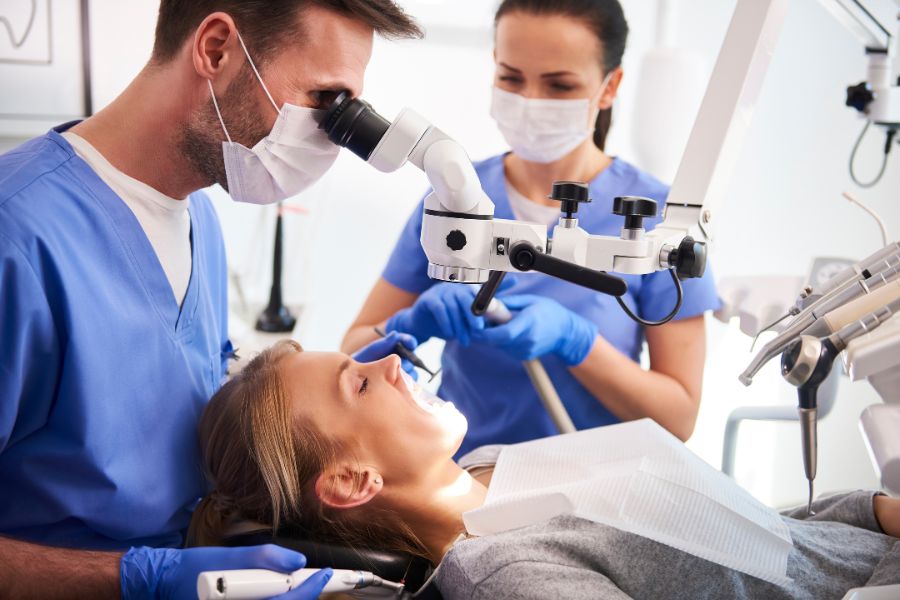Dental emergencies can occur at any time and often without warning. Whether it’s a broken tooth from a sports accident, a lost filling, or a painful toothache, it’s important to know what to do when dental disasters strike. This article provides a comprehensive guide on handling dental emergencies, outlining key steps to take and highlighting the importance of preventative measures.
Several dental situations require immediate attention. Below are some common dental emergencies and what you can do while waiting for professional care.
While not all dental emergencies can be prevented, certain measures can reduce your risk. Regular dental check-ups can catch potential problems before they become emergencies. Wearing a mouthguard during sports can protect against trauma. A healthy diet and good oral hygiene can help prevent tooth decay and gum disease.
Conclusion: Stay Prepared and Act Swiftly
Knowing what to do in a dental emergency can mean the difference between saving or losing a tooth. But remember, these tips are not substitutes for professional dental care. It’s crucial to get to a dentist or emergency room as soon as possible during a dental emergency. Being prepared and acting swiftly can ensure the best outcome when accidents happen.

